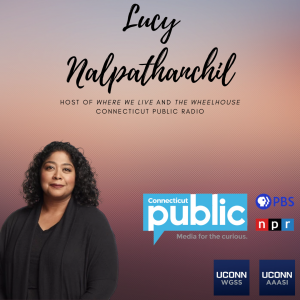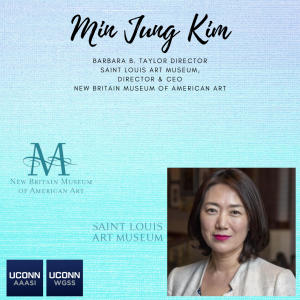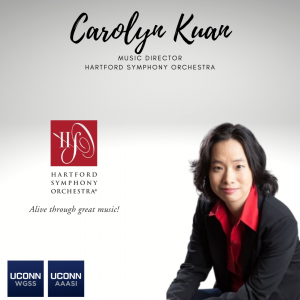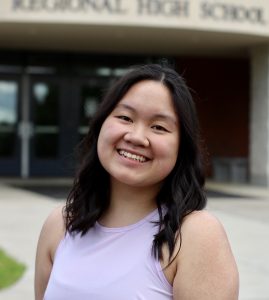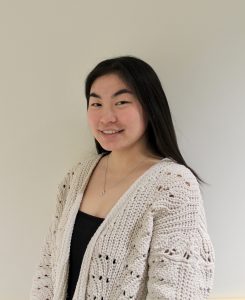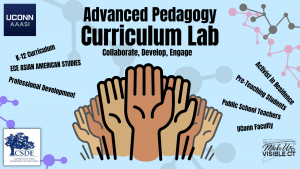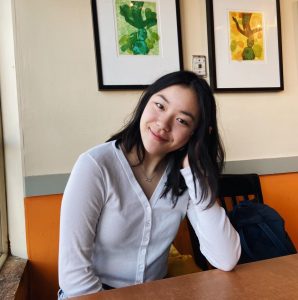UCONN ASSOCIATION FOR ASIAN AMERICAN FACULTY AND STAFF (AAAFS) STATEMENT ON ANTI–ASIAN VIOLENCE
March 2021
The first cases of Covid–19 in the United States were reported in January 2020, and since that time there has been a massive increase in anti–Asian violence across the United States. STOP AAPI HATE notes that hundreds and sometimes thousands of reported incidents occur every month. They report that incidents of verbal attacks, avoidance, physical assault, online harassment, and being spit upon are the most common forms. A recent New York Times article also details many of the abhorrent and deplorable crimes and actions that have targeted Asians over the last year. It is a sad compendium of history and facts that delves into the nuances and complications related to anti–Asian racism. Nationally, attacks are most common in businesses, public streets and sidewalks, parks, online and in public transit, but they also happen here at UConn.
UConn’s commitment to combating anti–Asian racism began in 1987 with an episode of students’ verbal attacks and spitting on other Asian American peers. What can we say has changed in 33 years? Certainly, our resolve and commitment to the community has only strengthened in these decades, while the number of Asians and Asian Americans at the University has grown significantly. At UConn, there are thousands who identify as Asian and Asian American: 12.7% of the University’s workforce (faculty, staff, administrators, and graduate assistants; Fall 2019), and 10.5% of our students (Fall 2020). In addition, a significant percentage of our international students come from Asian countries.
Mike Keo, Activist–in–Residence of UConn’s Asian and Asian American Studies Institute, started the social media campaign #IAMNOTAVIRUS to humanize Asians and Asian Americans targeted by hateful rhetoric, and to counter this virulent and unwarranted malice. We release this statement in the same spirit, to:
- draw appropriate attention to the intensifying violence against Asians in America;
- formally state our position in this ongoing conflict of systems, cultures, histories, and sensibilities;
- and call upon faculty, staff, administrators, and all UConn students and stakeholders to rise to the challenge of actively opposing racism and hate against Asians, all marginalized groups, and all peoples of color.
We state as clearly and as boldly as we can: all of this has impacted us, the Asians and Asian Americans at UConn.What is happening is wrong and we must stand together to not only identify and call–out this kind of behavior and its bad actors; but we must work systemically and synergistically to change culpable aspects of our university and society, to ultimately eradicate this malignancy.
Though today’s political climate often attempts to polarize such issues and concerns, we hope that you will see that this is not a political comment. Rather, it is a call for solidarity and commitment, awareness and understanding, attention and action. We stand with our fellow peer groups and associations, institutes and centers, and student organizations at UConn that are committed to combating the prejudiced, racist, harmful, and violent actions and words that attempt to marginalize and divide us even further. We hope that all of UConn will not only stand behind us, your Asian and Asian American colleagues, but stand with us, as we form even greater bonds and grow in numbers and strength across the university.
For we refuse to wear the moniker of the ‘model minority.’ Because of this racial stereotype, Asian Americans are too often left out of discussions of racial justice, thus ignoring our pain, minimizing our feelings, and assuming a passive response. We call on the University’s Administration to formally recognize that anti–racist work must account for the historical legacy and impact of racism on all peoples of color, including Asians. Further, we call on the University’s Administration to not only condemn recent acts of violence against Asians, but also consciously recognize the impact that these acts have on our UConn family. Even during the unprecedented times we are living through now—battling the Covid–19 pandemic; addressing the scourge of systemic racism; and navigating economic insecurity and inequity for millions of people—we ask the UConn Administration to see that this is exactly the right time to ensure, specifically and concretely, that the lens of justice sees all shades of Yellow, Black, and Brown.
As part of our work as a cultural organization at the University, we will host a virtual panel on March 18, from 5–6:30pm. “Asians in America: Anti–Asian Violence and the Fight Against Invisibility”will feature UConn students, faculty, and staff; provide perspectives on today’s climate and its impact on UConn’s Asian and Asian American community; shed light on our experience;and galvanize anti–racist efforts that will benefit us all. To register for the event, please click here.
We also encourage you to access resources and organizations such as:
At UConn, please communicate with your peers and colleagues, with your supervisors, and with the administration, to let them know where you stand, and your need for allyship and support.
The Association for Asian American Faculty and Staff hopes that we can work more closely with you and yours each and every day to combat racism, stifle prejudice, and ultimately deconstruct the systems and structures at our university and within society that uphold the American caste system where all shades darker than white are consciously and subconsciously considered less–than.
This struggle began centuries ago; it takes on new forms today; and will continue tomorrow, and the next. If our work helps us to achieve greater unity, then we will have found success.
Yours in solidarity,
The Executive Board of the Association for Asian American Faculty and Staff
The Asian American Cultural Center
The Asian and Asian American Studies Institute
CONTACT: asacc@uconn.edu
